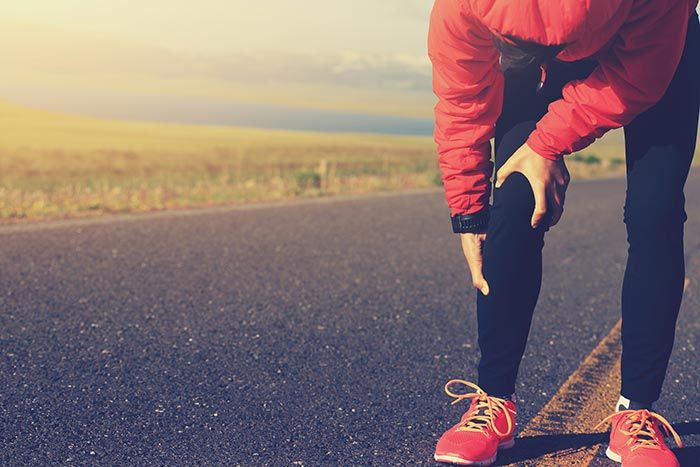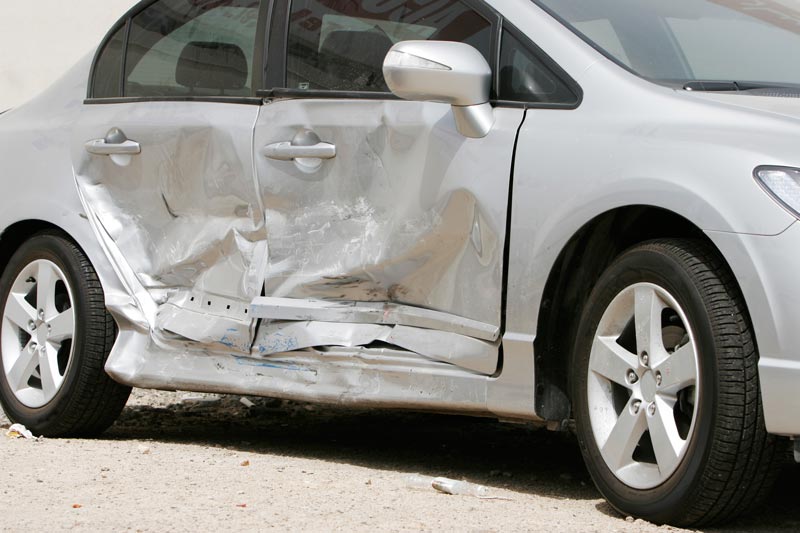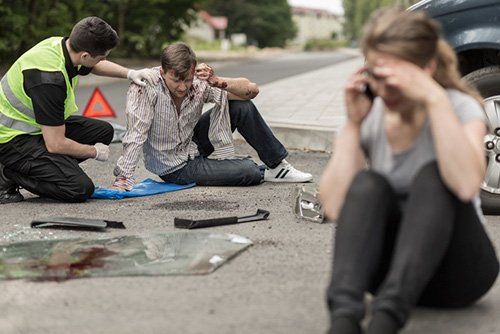
As many people know, having a family dog can be a wonderful and healthy addition to a family. Dogs can be very loyal and are capable of loving unconditionally. Unfortunately, dogs can also be unpredictable at times, particularly with people they are unfamiliar with. A dog that is normally fine with people can sometimes snap and bite someone with no rhyme or reason.
In some cases, dog bites can be extremely serious, even causing life-altering injuries. The first thought is often who is liable for the bite and the expenses that come with it. Many states have a one bite rule. This means that that the owner of the dog is liable for the bite, even if it has never bitten someone before.
The following is some information on dog bites and who will have to pay the damages caused by the injury.

Whether you're injured in an auto accident or as a result of a faulty product, the steps you take after you're injured can either help or hurt your personal injury claim. While social media has become a regular part of our daily lives, using it can complicate your claim and have a negative impact.
Here's what you need to know about the ways using social media can hamper your personal injury claim.

Car accidents seem like the type of thing that we only hear about happening to other people, so it can be devastating to be a victim of a collision yourself. One moment you're driving and thinking of your various obligations, and the next you're off the road wondering how everything changed so fast. Even if you were in a minor collision where the car was damaged a lot more than you were, you need to take care of yourself.
The trauma that can occur during an automobile accident can cause problems that show up days later, and of course there's the emotional aspect of coping with the fear of the moment and the hassle of having to get your car fixed or replaced. Below are a few things you should focus on now that the worst is over with and you're recovering from your injuries.

With healthcare costs continuing to rise, tort reform has been a hot topic in the news – so hot that the U.S. House of Representatives recently passed House Resolution 985 (HR 985), a bill designed to limit recovery and sometimes even litigation in certain types of personal injury lawsuits.
Although this bill must still pass muster with the Senate Judiciary Committee before being sent to the president and potentially signed into law, it represents a key part of Congress's plan to make the legal market more business-friendly and enjoys a broad base of support. What could passage of this bill (or a similar one) mean for a current or future personal injury claim?
Read on to learn more about how this type of tort reform could affect your ability to proceed in certain types of personal injury cases.



